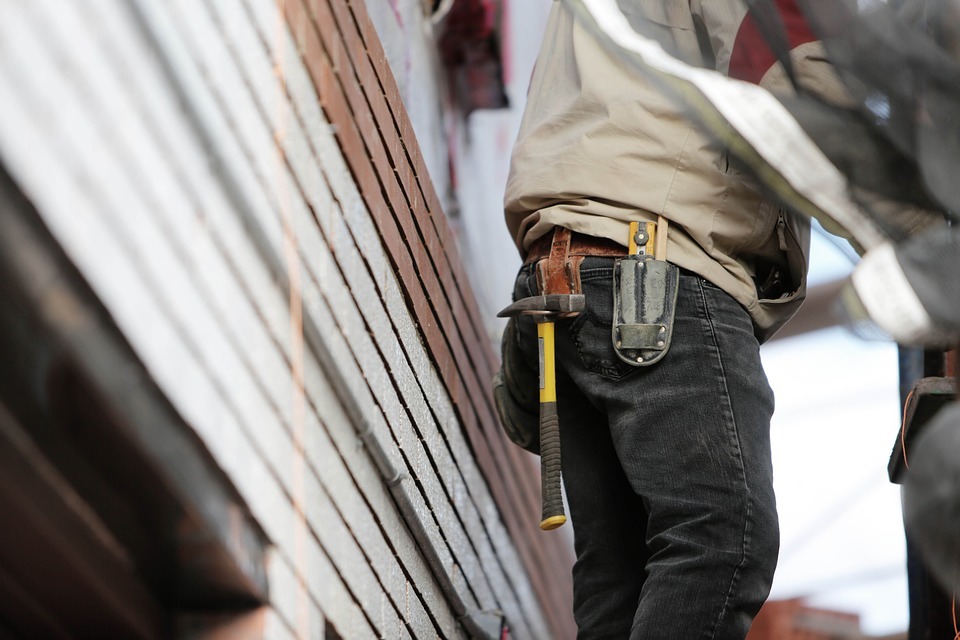Working as a self-employed builder certainly has many perks, and for many, it is hard to imagine earning any other way. While there are many perks to this line of work, any experienced self-employed builder will tell you that it can be stressful from a financial point of view. This is because work can fluctuate, so your income can vary, plus you need to be able to oversee and manage all aspects of income and expenses. This is why it is helpful to be aware of a few financial tips that should help you to manage your finances effectively and could even boost your bottom line.
Use Accounting Software
First, it is a good idea to use accounting software for your business. This can make it quick and easy for you to maintain accurate and up-to-date books, gain a clear insight into your financial health and find ways to make savings. You need to maintain accurate books for tax purposes, but this can be a challenge without high-quality accounting software. You could hire an accountant, but it will work out to be more cost-effective to use software and manage yourself.
Arrange Sufficient Insurance
Insurance is important no matter what industry you are in, but particularly in construction, as issues can arise here. There are a number of different policies that you should look into, including income protection insurance which would protect you if you find yourself unable to work.
Buy a Used Van
Every self-employed builder needs a high-quality van that they can use for transportation, but this can also be a major cost. Instead of buying new, you should visit used van dealers like Vanza to browse a wide range of high-quality used vans and trucks for sale. This also allows you to arrange a finance deal, part-exchange with your current vehicle, and arrange a warranty for financial protection.
Build A Rainy Day Fund
As mentioned in the intro, your income can fluctuate in this line of work, and this means that quiet periods can be stressful, and it might be hard to manage. This is why it is smart to build up a rainy day fund that you can use to manage quieter periods – you can build this up by diverting a percentage of your monthly takings into a separate account.
Plan For Retirement
Following on from this, you also need to think ahead to the future when you stop working. You need to look into what you are entitled to and then find ways to boost your retirement income, such as investing, paying into a private pension and high-interest savings accounts.
Hopefully, these financial tips will prove to be useful for any self-employed builder or someone that is thinking about entering this field. There are many perks to this line of work, but managing money can be difficult and stressful, and it is vital that you are able to keep on top of everything. Remember, if you find the whole situation too overwhelming, you can always ask for help.

